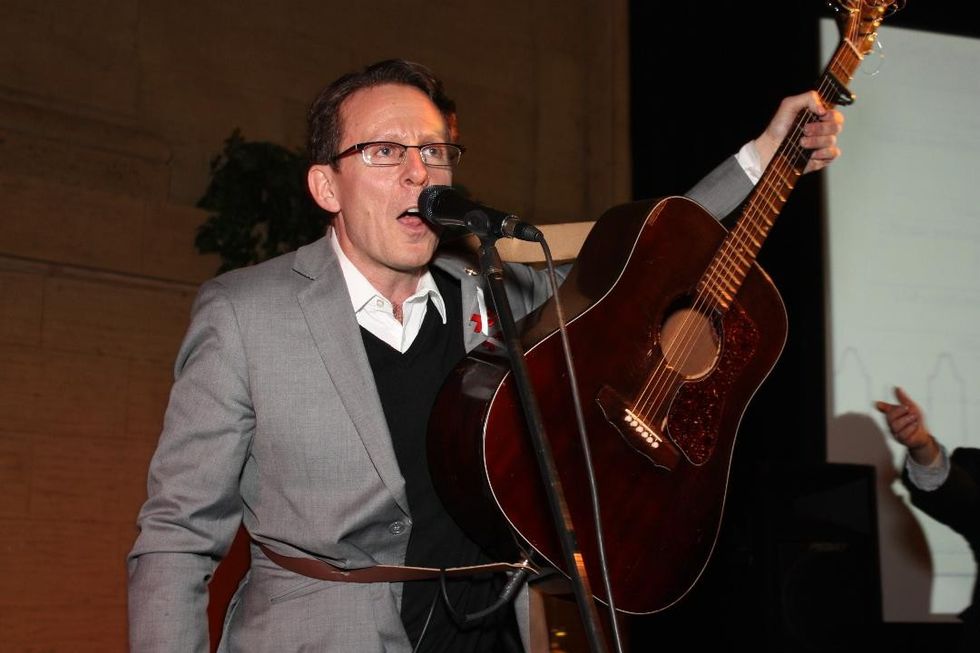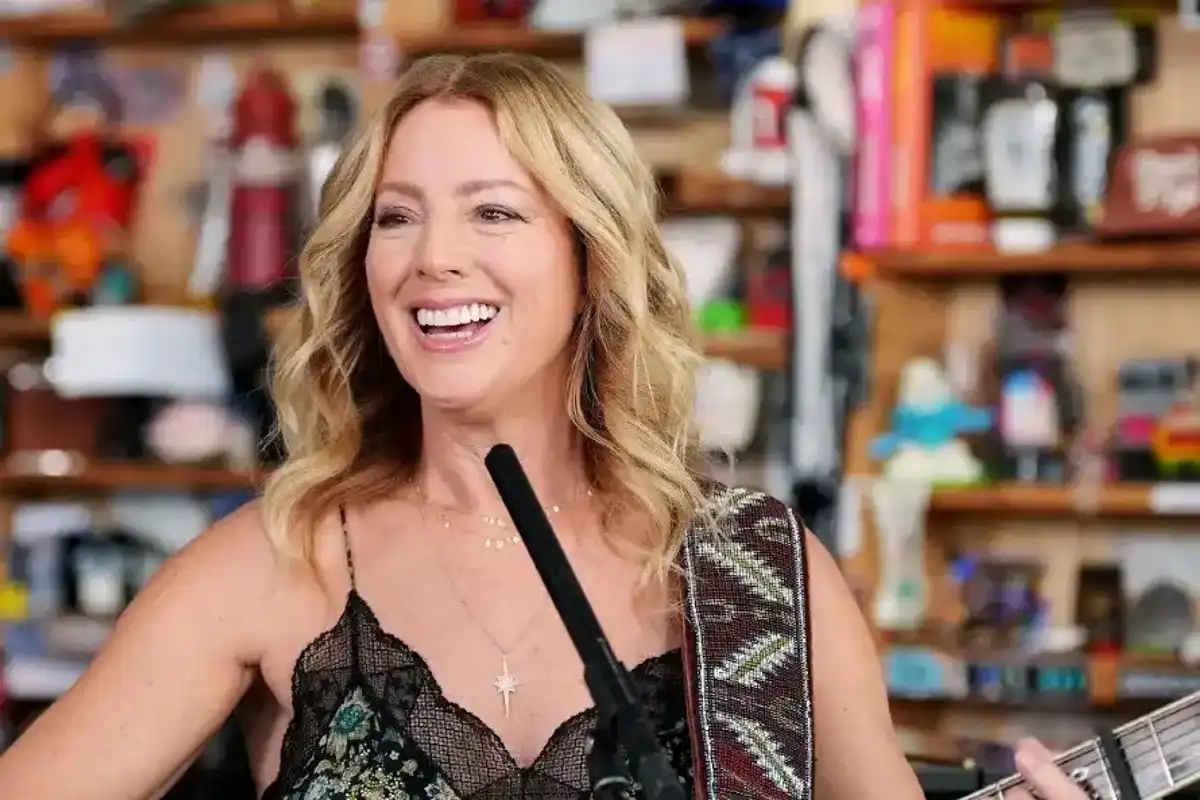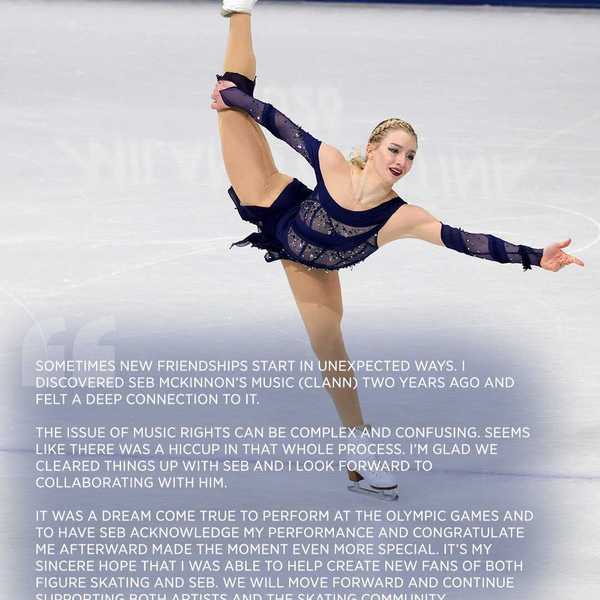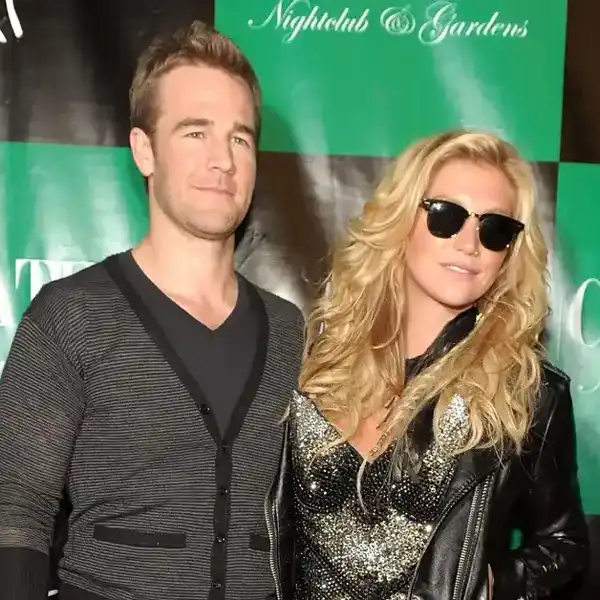A Conversation With ... CIMA's New President, Andrew Cash
The seasoned singer/songwriter turned MP takes on his new role amidst a very challenging time for the independent music sector.

By Bill King
Newly installed as President of CIMA (The Canadian Independent Music Association), Andrew Cash has a storied musical past. He first made a mark as a member of early ‘80s Toronto punk band L’Etranger, alongside bandmate/co-founder Charlie Angus (both would later become NDP MPs). The group released two EPs, Innocent Hands and Running Out of Funtown. When L'Étranger broke up in 1986, Cash launched a solo career as a singer/songwriter and he became the first Canadian artist to sign with Chris Blackwell’s famed record label, Island. His first release on the label was a reissue of L'Étranger's last recording, Sticks and Stones. Cash’s 1988 debut album Time & Place and 1989 follow-up Boomtown were both released internationally by Island, who supported Andrew and his band on an extensive European tour as special guest to Melissa Etheridge. The albums spawned several successful songs and videos in Canada, with What Am I Gonna Do With These Hands reaching #2 on Much Music.
He released a solo album, Hi, independently in 1993, then formed the group Ursula, who released their only album, Happy to Be Outraged, in 1995. Andrew next teamed up with brother Peter Cash (ex-Skydiggers) as The Cash Brothers, putting out one album, Raceway, in 1999. In 2000 he collaborated with Hawksley Workman and Jason Collett on Chrome Reflection, an album credited to Bird. In 2007 he released another solo album, Murder=.
Cash recently connected with FYI contributor Bill King for the following extensive interview.
At times, it is near impossible to get a sense of where we will be on the far side of this pandemic. That does not mean all systems have paused or have been entirely derailed. Quite the contrary.
I occasionally jump in and out of the social networking app Clubhouse where people gather from all regions of the world to chat. I listen. The unique thing about Clubhouse is that it attracts the gatekeepers, entrepreneurs, the young and ambitious, and onlookers like me. Recently, Snoop Dogg was in for a talk about the Non-Fungible Token. Ten minutes in and I'm lost, but I caught up to speed with a bit of background research.
The digital age has spawned a generation of thinkers who have mostly used money machines, eTransfer, or PayPal to do business. To them, hard currency is as much a relic of the past as the bills' faces.
Let's get a view of Snoop's big-ticket promise, The Non-Fungible Token.
"The non-fungible token serves as a cryptocurrency asset that allows a person to buy and sell ownership of unique digital items. Those items could include music, animation, art, photos, videos, or a combination thereof. NFT ownership of intellectual property is tracked by the blockchain, a secure, decentralized ledger that can't be altered and that records verified transactions."
For those atop the music food chain, the profits can be astounding. Down below, it is still ten cents a dance. Therefore, the appointment of an industry veteran, former serving MP from the Davenport riding of Toronto, political activist, musician and journalist, Andrew Cash as president of the Canadian Independent Music Association was a wise decision on all counts. The journey to the far horizon requires understanding the changes ahead, the long vision, willingness to adapt, and tools to get us there.
Bill King: How do you feel about your new role at CIMA (Canadian Independent Music Association)?
Andrew Cash: I'm excited in many ways. It's a moment of coming full circle for me. I've been in bands since I was seventeen or sixteen, toured all over the place and made a bunch of records and survived as a musician, songwriter, singer, and journalist as well. As many arts and cultural workers are, I've been a jack of many trades in a way. I then took what some thought was a strange veering into politics, but that wasn't that strange for me. I've always been an activist. In the mid-2000s, I was getting frustrated that musicians' issues, broadly speaking, weren't getting an airing in the arena of policymaking, governance, and media. I wanted to push these issues up the political chain, and that's how I got into politics. All that leads and dovetails into the new role at the head of CIMA when there's a real spotlight, maybe the first time, on the real day-to-day issues in the lives of the regular workaday musician.
B.K: With vaccinations quickening, we do see a way out of this. Also, CERB payments have been the lifeblood for the decimated arts sector, yet the view from afar is not clear.
A.C: I think the first thing we need to address, and I don't have a crystal ball, is the road back to pre-Covid, and it is going to be a long one. It's not going to be a snap of the finger once everyone has been vaccinated, and we can take our masks off and think everything will be back to normal. I feel we must be guarding ourselves for the long haul. We will find at the end of this that the music industry has changed and changed permanently. However, I don't think all the changes are going to be bad.
The digital revolution, if you want to call it that – we are at the beginning of it. I think the music sector, as battered as it was in 2000, is now poised to be leading the way in this digital transformation. I think people have learned a lot, and Covid has accelerated that learning. We are going to see hybrids. We will see a hybrid of live events and see many artists who have understood a way to use the moment we are in now to find other ways to find an audience. Find different ways to express themselves on other available platforms. In a way, it's what musicians have always done.
B.K: I visited Clubhouse, a listening room, recently and eavesdropped on Snoop Dogg's 'big sell,' Non-Fungible Tokens…
A.C: Saturday Night Live did a skit on that the other night.
Had I known you were going to ask a question about it, I would have gone to Google for an answer. I don't know yet. You raise an excellent point. There is so much in flux and so much change in how we pay for things. A whole scale change around the very fact of money. These are wild times we are living in. In many ways, I think it's been a brutal time for countless people, but as we know, the live sector has been the hardest hit sector next to the airline industry. It's forced us to ask the questions you've just asked. What the hell is this, and what do we do with it?
B.K: It's been said many times musicians are mathematicians. Listening in on Snoop Dogg's pitch, I thought I needed to be a theoretician to get a grip on what he was laying out there. We have been plagued the past decade or so with diminishing returns as musicians. It's fascinating hearing artists invent or consider new ways of monetizing their art.
A.C: It's also a common story if you think about the dawn of the Internet. The talk of the 'long tail' and how lesser-known or starting-out artists will get recognized in the Internet's long tail. We were focused on bands like Radiohead, who comes to mind. They gave their album away and let everybody download it for free, knowing they could make money on the live stuff. We need to delineate between those artists at the very very top of the charts – let's use that analogy. They represent a minuscule fraction of all working musicians out there trying to earn their daily bread. The Fungible Non-Token is interesting, but I think at times in the media, we get distracted by those shiny new objects and don't look at how we are going to support and promote a healthy arts and culture sector. Especially in a country like Canada.
B.K: Looking down the road, I'm thinking the big play events, festivals will have to change too. They will have to embrace and partner with new technology – the 'Green New World.'
A.C: I agree with you, and I think you could say exactly that about most other sectors of the economy. It wasn't like everything was rosy before the pandemic hit most artists. It was a struggle. We are at the nexus of a digital transformation we believe we are in the middle of but are actually at the beginning. And the reality of climate change we can't punt down the road any further. Frankly, I think the sectors that embrace those two things – the arts, in general, are poised to be one of those sectors – those two fundamental truths of what we are living in right now.
B.K: Artists have always spoken to those movements, whether civil rights, women's rights – earth day, voting rights, LBTQ, the homeless … It may seem a bit strange to say this, but I think President Joe Biden may become the most transformative politician of the past fifty years with his passion for green technology and energy.
A.C: After a strange past four years, there is hope the U.S. will start to focus on climate change and, as you say, on the technology that will accelerate the move.
If you put yourself back before Covid, governments would always say to us, "There is not enough money for this or we can't afford that. Green infrastructure we can't afford – too costly." Then we hit a pandemic, and the floodgates open, and suddenly there are billions of dollars for a lot of this, some of which have been incredibly helpful like CERB, especially for artists. I'm hopeful, as citizens, we realize that we have the funds to do the things we need to do, and we should not be accepting this idea any longer we can't afford to do something, thinking they will cost too much money. We are in a crisis, and the Canadian government stepped up, and we are also in a climate crisis, and we need to step up there too. My hope is when we get out of this, we realize we have no choice, and we've got to do it and got to do it now.
When I took this job, I started thinking about music and musicians' role in social movements, as you were talking about. Raising money for good causes. How many musicians have played for free over the years to raise money for those who don't have much?
I don't think anyone's done a study on the impact on musicians' charitable work. That's just one of many examples of stories that need to be told, and I hope I can facilitate this in my new role. We need to forge a stronger message about what musicians do for the Canadian public.
When you walk by a building site and they are erecting a new condo, you understand there's a lot that goes into to building. You may not understand the engineering, but you know that it takes a lot. When you listen to a tune on the radio or a Spotify, you don't understand the years of training, most of it unpaid, that has gone into making that piece of music you are loving. We must do better at educating Canadians, educating our policymakers about what goes into making this music.
B.K: Music has brought many compelling moments into people's lives this past year and held families together.
A.C: You can argue that in this moment, music has been an essential service. Music is ubiquitous. It's like water and air. You don't think about how much you need it until it's absent. You don't think about air until you need to breathe, or think about water until you're thirsty. We don't think about music, and its importance in our lives that much, except for the professionals like us who are insane about music. At this moment, people are listening to more music than ever, and there's data out there that shows that this has really helped people survive. The mental health of us has been really tested through this pandemic, and music is one of the things people have been leaning on.
B.K: In those quite interludes, do you have music moments when you play a recording then get emotional and tear up?
A.C: Oh yes.
B.K: I've had many this past year. Just being able to pause life and listen.
A.C: My family and I were in the car the other day, and I put on Joni Mitchell's Both Sides Now. There are five of us in the car – my wife and I and our three kids and there was total silence for the entire song. It was like it was feeding us, helping us breathe. It was amazing.
B.K: Honestly, Andrew, when I hear her version with Montreal Symphony from 2007, I rain down tears and still to this day.
A guaranteed income? Will this be the best route to take coming through this economic crisis?
A.C: Realistically, my sense is we will move to some hybrid of that. In theory, this is what we should be doing, and in a way, that's what CERB has been. An emergency form of a universal basic income. One of the dangers of this is people on the right-wing side of economics are also pushing for a universal basic income, but the reason they are pushing is that is they see it as an opportunity to claw back all the other benefits. All other supports that are so important to people, including a well-funded public education system. We need to be very careful about how we do this politically. Still, I think this moment has overwhelmingly shown us a couple of things we know through the data. To many of us, arts and cultural workers are a bicycle accident or a slight mishap away from the poverty line. That can't be good for a society or an economy. A universal basic income would put a pinhole in that stress that so many people hold right now.
I do think we are likely moving toward the hybrid. For artists in the cultural industries and pursuits, something like this is going to be there. We always look at arts and cultural funding through the business side of it. We are funding award shows, labels, production of films etc., but CERB was also an arts and cultural funding mechanism. It has allowed musicians to keep it together for more than a year.
B.K: At the front end of this pandemic, artists did not fully grasp what was coming and the empty hours ahead. Those who developed new skills, educated themselves further and got a better understanding of how digital technology will benefit from this period.
A.C: Its allowed people to step into the digital era, and for many a big corner to turn. We used to talk of the revolution of paid downloads. In five years, the last paid download will happen. It's falling away rapidly. That's how fast technology is moving.
B.K: In your career span, you were also a writer for NOW Magazine. If you were asked to write a piece at this moment, what would it be?
A.C: The incredible risks and hard work it takes to make music. To produce and create. Musicians take all the risks, and it's all on our shoulders and not just financial but mental health, physical health and family. I think it is essential to tell that story.
B.K: What's playing in the background?
A.C: I'm listening to the Barr Brothers, Jason Collett and Daniel Romano.

















